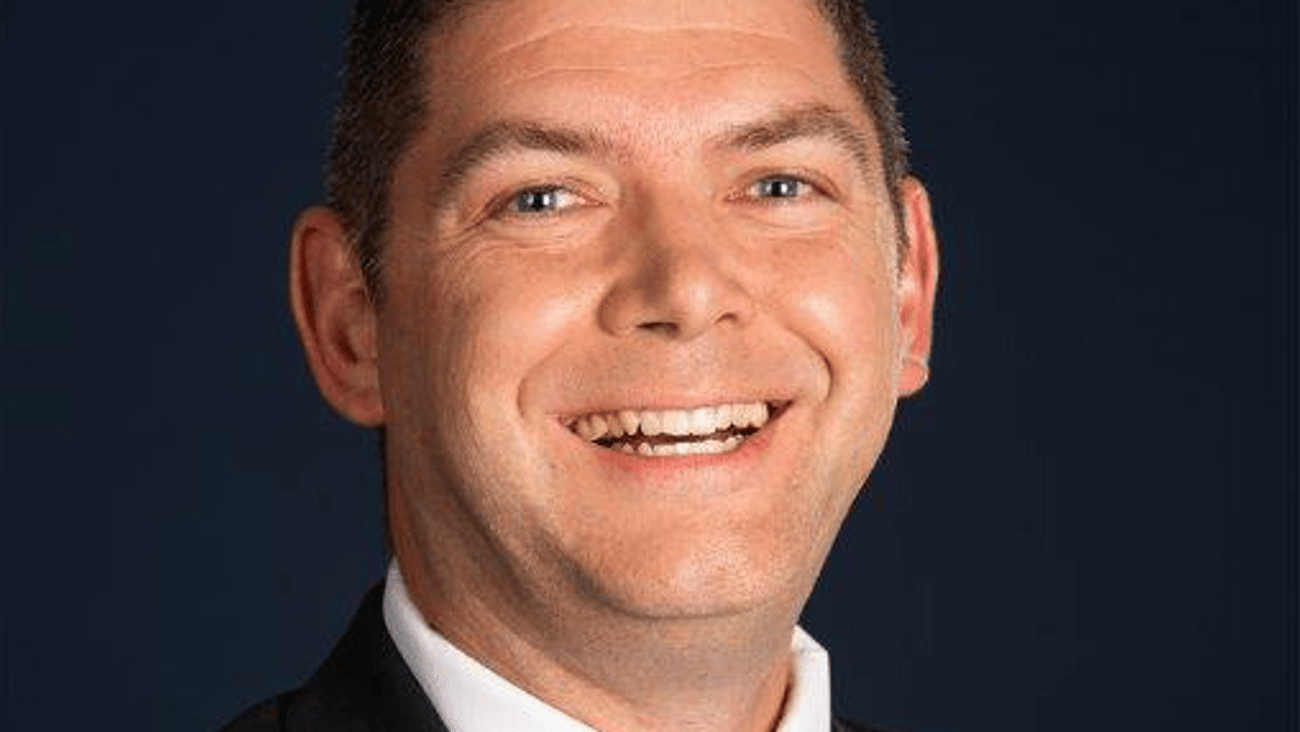The hope of healthcare, Part 8 – Skills that increase or decrease in value
When we met last, we began considering how some skills increase in value while others decrease. For instance, technical skills decrease in value over time while interpersonal skills become more valuable over time.
Let me clarify: technical skills are important. Very important! In fact, they are foundational skills that allow us to provide services.
When I began my career as an intern, the stories were still common about preparing prescription labels on typewriters. Yes, you read that right. That was the prevailing technology at one time. When printers came along, all sorts of things changed. And for the better. However, if you were a pharmacy that did not improve your technical skill and adopt the printer over the typewriter, you would quickly find yourself at a disadvantage in the care you could provide patients.
With technical skills, we are always swimming upstream in an attempt to keep up with the latest developments.
When it comes to skills that increase in value, like interpersonal skills, I have found that there is all too often no intentional plan to develop these skills. The growth is accidental and occasional based on whatever circumstances you happen to find yourself in.
But it does not have to be this way. To take it a step further, it must not be this way. For the sake of everyone participating in the healthcare system all over the world, the people seeking care deserve the best care we can provide:
- Everyone deserves to be led well.
- Everyone deserves to be cared for well.
- Everyone deserves to be medicated well. (That one still feels awkward to say or write. I feel like it is an invitation to overmedicate a patient, and that is by no means the intent. What I mean is that every patient deserves to have the most effective treatments.)
Last year I was speaking at a conference, and I asked the audience a series of questions that I will now ask you:
Do you want to improve your leadership skills?
Practically every hand in the room went up. And rightfully so. We all want to be more impactful. I would be hard pressed to think any one of us enjoys being frustrated at any point in the day due to challenges in helping our patients and co-workers advance.
How many of you have a plan to improve your leadership skills?
An overwhelming majority of the hands in the room came down. If my memory serves, fewer than 10 hands remained in the air that morning.
In this audience of pharmacists, everyone wanted to improve, but less than 5% had any plan to achieve this objective.
There is a four-letter word that describes this situation. RISK. We will look at risk in a future article on the hope of healthcare.
For now, allow me to sound this call to action. Grab a piece of paper and a pen (yes, old school!) and set a timer on your phone for three minutes. For the next three minutes write down all the skills you have developed or acquired over the last 90 days. After your timer goes off, look at your list and label each skill as technical or interpersonal. You will not know the timeline, but at least consider that the skills you have labeled as technical will have less value in the future. And be encouraged that the skills you have labeled as interpersonal will have more value in the years to come.
If, by chance, you are like the group of pharmacists I referenced above, it's possible you want to improve your interpersonal skills – to improve your leadership. There may also be a possibility that you lack a plan to improve these skills. If you find yourself in that situation, you are not alone. And even better, you don’t have to stay there!
What are you going to do about it?
You and I can want all sorts of things, but if we do not have a plan, we shouldn’t be surprised if we do not obtain our objectives. I invite you personally to connect with me on LinkedIn and we can develop a plan that will serve you well.
As I stated in the first article in this series, I am a firm believer that pharmacists are the hope of healthcare. To make this hope become a reality, we need to develop, and continue to develop, the valuable skills that will get us there.
Until next time
Jesse McCullough, PharmD
Connect with Jesse on LinkedIn



